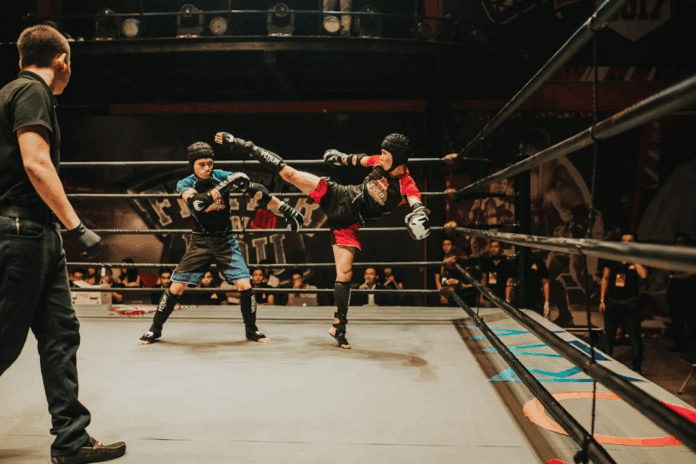Martial arts is often celebrated for its physical benefits, but its true power lies in how it shapes daily routines and mindsets. Whether it’s mastering a kick, perfecting your stance, or staying calm in a heated sparring match, martial arts builds habits that go far beyond the training mat. These small, intentional actions can help anyone create a smarter, more sustainable lifestyle.
Muay Thai, in particular, offers an interesting lens. Its training culture is built on consistent practice, mindful observation, and actionable feedback. Even platforms like https://www.thsport.live/visionmuay/ showcase the value of breaking down performance into clear, practical takeaways—a method that’s just as useful in everyday life as it is in fight preparation.
The Power of Repetition
One of the first lessons martial artists learn is the value of repetition. A fighter doesn’t throw a perfect elbow strike after just one attempt. They repeat the move hundreds, even thousands of times. The same applies when building habits outside the gym.
If you want to start reading more, you won’t become a bookworm overnight. Begin with a few pages a day. Over time, the repetition cements the behavior. Like drilling footwork, these small daily steps eventually become second nature.
Mindful Discipline Over Motivation
Motivation is fleeting, but discipline stays. In martial arts, there are days when a fighter doesn’t feel like training. Yet they show up because the habit has been built. This mindset works for everyday goals too.
If you want to improve your health, you don’t rely on sudden bursts of willpower. Instead, you create a consistent schedule that you follow regardless of mood. It’s about showing up for yourself as you would for a sparring partner—reliably and with focus.
Feedback Makes You Better, Faster
Fighters rely on coaches for real-time feedback. A coach might notice a slight tilt in the shoulders or a slow guard drop that the fighter can’t see themselves. This outside perspective accelerates progress.
In life, feedback plays the same role. Whether it’s a mentor at work, a trusted friend, or even data from a productivity app, honest input can help you improve faster. Like a fight analyst breaking down each round, the right feedback highlights what’s working and what needs refining.
Applying the Fighter’s Mindset to Daily Life
Bringing martial arts principles into everyday routines doesn’t mean you have to start sparring in your living room. It’s about adopting the mindset. Here are a few examples:
- Break goals into drills – Instead of aiming to “be healthier,” focus on small, repeatable actions like cooking one nutritious meal a day.
- Track your progress – Keep a record of your actions, just like fighters log training sessions.
- Stay adaptable – A fighter adjusts their tactics mid-bout. You can do the same when plans change.
These approaches make big goals feel less overwhelming and more achievable.
Building Habits That Stick
The habits that last are the ones tied to clear actions and realistic expectations. In martial arts, progress isn’t measured by massive leaps, but by steady gains. That’s why fighters set specific, trackable goals, like increasing stamina or perfecting a counterattack.
You can use the same approach in your own life. Instead of setting vague intentions, define exactly what you want to do, when, and how often. This makes the habit easier to follow and harder to break.
Resilience Through Routine
Training teaches fighters how to push through discomfort. Early morning runs, heavy bag sessions, and strict diets all build mental toughness. The same resilience can be cultivated outside the gym by committing to a consistent routine, even when it’s inconvenient.
For example, waking up early to exercise before work can be challenging at first. But just like a fighter adjusting to a new training schedule, your body and mind adapt over time. The habit becomes a part of who you are.
The Role of Reflection
A crucial part of martial arts training is reflection. Fighters review past performances, analyze mistakes, and make adjustments. This reflective practice is essential for personal growth in everyday life.
Take time each week to look back on what you’ve accomplished. Identify where you stayed consistent and where you slipped. This process keeps you accountable and ensures that your habits keep evolving in the right direction.

Smart Habits, Strong Foundations
Martial arts isn’t just about physical strength. It’s about building strong foundations in the mind. Consistency, discipline, feedback, and reflection are all transferable skills.
By thinking like a fighter, you can approach your goals with clarity and persistence. Small daily actions might not feel dramatic, but over time, they add up to significant change. And that’s the real secret—progress is built one deliberate step at a time.


